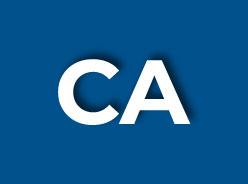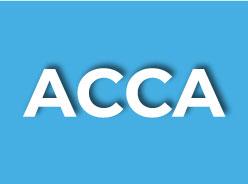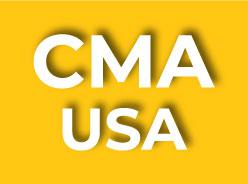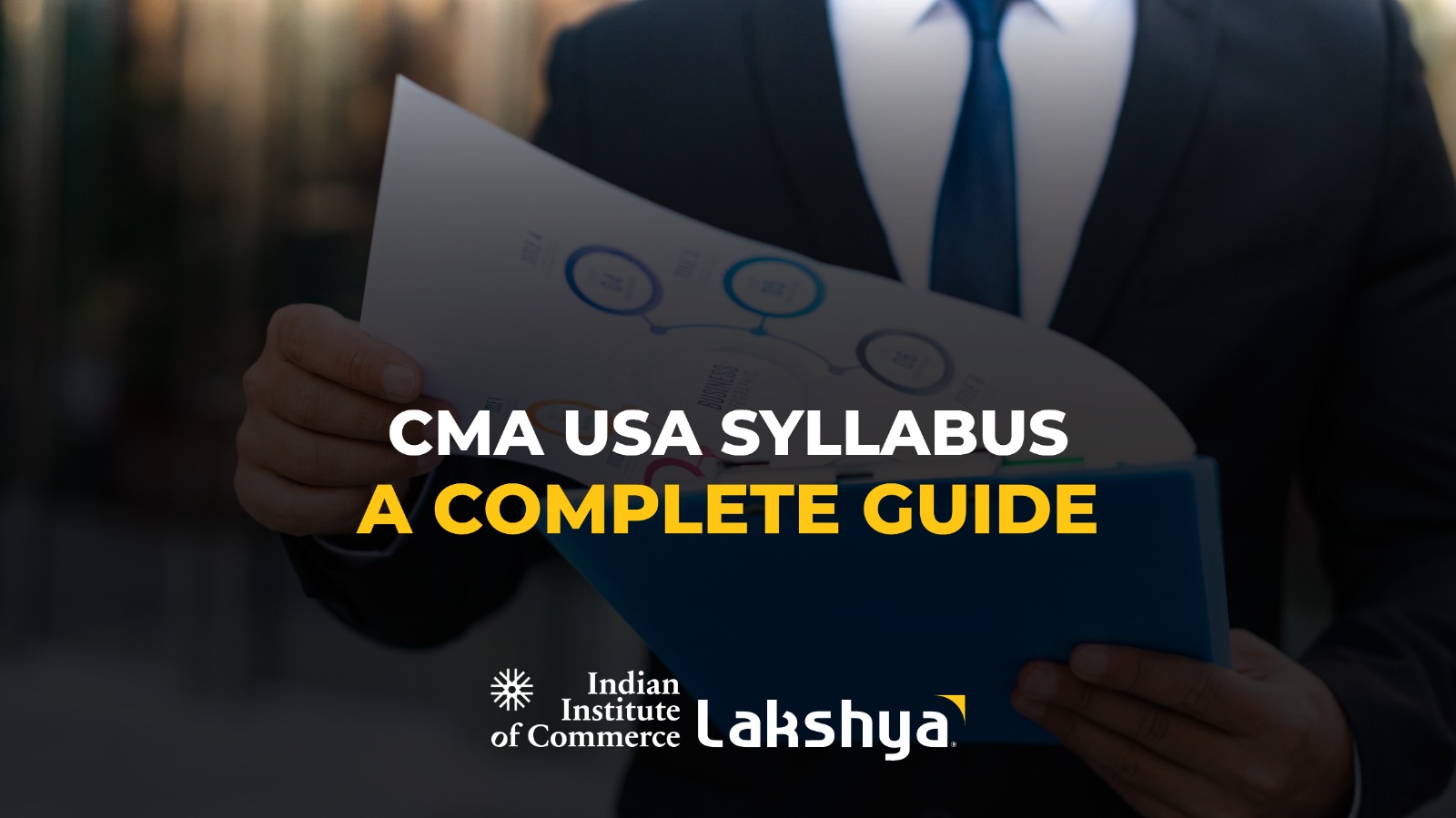The Certified Management Accountant (CMA USA) is the gold standard in global management accounting provided by the Institute for Management Accountants (IMA), USA. The prestigious qualification is recognized in more than 150 countries, making the CMA USA Course a big deal worldwide.
The certification is a holy grail for folks in the accounting and finance sector who want to broaden their career horizon globally within a shorter duration of 9-12 months. You can start your CMA USA preparations once you complete your 12th grade. Companies and recruiters everywhere are on the hunt for someone with those CMA letters after their name, making it the go-to certification in the accounting and finance world. Jumping into the US CMA certification journey is about picking up 12 supercritical skills that unlock doors to leadership roles. The CMA USA exams are divided into two parts, and there are three exam windows every year for the candidates to conquer the exams.
The CMA USA syllabus crafted by IMA is divided into two fundamental pillars that equip you with a comprehensive understanding of the field.
CMA USA PART 1
Part 1- Financial Planning, Performance, and Analytics:
External Financial Reporting Decisions(15 %):
This section delves into understanding a business's financial state and forecasting its future conditions. It combines fundamental accounting principles, tax considerations, financial summaries, statements, disclosures, and the art of financial reporting. Beyond theoretical knowledge, the module also guides students in analyzing financial data and creating meaningful reports for businesses.
Planning, Budgeting, and Forecasting (20%):
Imagine running an organization without a budget; the budget dictates the profit figures in the reports. Through meticulous planning, an organization becomes prepared for potential risks and minimizes their impact. In this CMA USA course module, learners gain hands-on business skills in planning and budgeting. Students delve into the detailed study of budgeting, learning concepts, methodologies, financial projections, and cash flow analysis for businesses.
Moreover, they discover the art of strategic planning and effective resource allocation within a business context.
Performance Management (20%):
The success of every asset in a company is intricately tied to the overall performance and profitability of the business. Through the performance management process, Stakeholders can stay abreast of all the financial updates. The module delves into cost and variance measures, performance metrics, business performance analysis, profitability assessment, crafting a balanced scorecard, and creating key performance indicators (KPIs) for any business. As a CMA professional, you become adept at optimizing the performance of any business.
Cost Management (15%):
At the heart of every business lies its cost structure, a fundamental element without which no business plan can thrive. CMAs possess a skill set finely tuned to handle transactional data, proficiently managing costs, profit flows, and strategic cost planning. Throughout the course, students delve into the intricacies of cost estimation based on records, mastering the art of expense control through strategic planning. The curriculum also encompasses in-depth insights into costing systems, measurement techniques, cost behavior, supply chain management, lean management methodologies, ERP, value resource planning, and many cost management principles.
Internal Controls (15%):
In the CMA USA module focusing on internal controls, a broad spectrum of business control aspects is covered. Students delve into planning financial controls, cost controls, risk controls, compliance, audits, and governance – all pivotal elements for any enterprise. Within inspections, there are two branches: external and internal. Ensuring proper attention to internal audits and controls is crucial for enhancing the efficiency and productivity of business operations. This module guides you in crafting effective internal controls and governance tailored to your business needs.
Technology and Analytics (15%):
In today's fast-paced world, analytics is the name of the game because it enhances predictive capabilities. When we blend historical reports with risk assessments, analytics takes center stage. Consequently, businesses now seek professionals who possess accounting expertise and excel in data analytics and technology utilization. A Certified Management Accountant (CMA) expert must be adept at practically implementing analytics, harnessing technology, and leveraging data analytics to establish optimal accounting practices and systems for any industry or business.
CMA USA PART 2
Part 2 - Strategic Financial Management:
Financial Statement Analysis (20%):
Let's start this module by diving into the essentials of financial statements—creating them, understanding the various types, and analyzing them through ratios and more. Once you've got the hang of these foundational aspects, the CMA course module delves into more advanced territory, covering revenue, income measurement, and variation analysis. Along the way, you'll gain practical insights into how factors like inflation, shifts in accounting standards, pricing, foreign operations, and earnings quality impact the financial landscape.
Corporate Finance (20%):
Understanding the 'why' behind every financial report and analysis is crucial in business. This module is about unraveling the 'why' factor of financial reports for students. Covering everything from securing funds to valuation, exploring financing choices to efficient cash management, handling accounts receivable and payables, navigating mergers and acquisitions, overseeing corporate restructuring, diving into international finance, and managing transaction exposure, students not only grasp these concepts but also learn the art of maintaining a delicate balance between risk and reward in any business setting.
Decision Analysis (25%):
In business, every choice leaves its mark on an enterprise's scale, budget, and financial standing. While diverse methods of dissecting these impacts exist, a certified management accountant stands out in presenting the most effective approach for executing decisions. The journey begins with delving into Cost-Volume-Profit Analysis, Break-even analysis, marginal analysis, and comprehending opportunity costs. As learners progress, they not only master the art of pricing but also explore product pricing methodologies and the life cycle of a product, understand the elasticity of demand, and, based on these insights, learn to make sound financial decisions for any business.
Risk Management (10%):
Every organization grapples with the inherent presence of risk, a crucial element in its operations. Numerous financial risks have the potential to emerge and jeopardize the entire business. Broadly speaking, these risks encompass market, credit, and financing risks. The CMA USA course imparts skills in effectively handling these risks, providing practical insights applicable to any business scenario. The course instills a deep comprehension of diverse risk management strategies for management accountants to employ in real-world situations. The course covers every aspect of navigating business risks, from identifying risks to implementing measures for their management and mitigation.
Investment Decisions (10%):
In business, enterprises face numerous investment choices. Finance professionals play a crucial role in presenting the information clearly and engagingly when making these decisions. This skill is of utmost importance, and that's why it's a key focus in this module. The module covers everything from understanding the time value of money to various financial maths concepts and crafting investment plans. Students also learn about return projections, analyzing investment decisions, and monitoring investments. Through this, learners become adept at the essential skill of enterprise investment planning.
Professional Ethics (15%):
Enter the world of esteemed certifications, such as CMA USA, where respect is synonymous with professional ethics. CMA professionals stand apart from the crowd in accounting and finance. Beyond acquiring specialized knowledge in management accounting, finance, and business, they also imbibe the essential professional ethics and values that elevate them to the highest standards of professionalism. As students progress through the course, they familiarise themselves with the IMA's globally embraced statement of ethical professional practice, adhered to by all certified management accountant professionals.
By learning CMA USA you are not only attaining a professional qualification you are mastering 12 core skills that will make you the most sought-after professional in the realm of management accounting.

 ABOUT LAKSHYA
ABOUT LAKSHYA  WHY CHOOSE LAKSHYA
WHY CHOOSE LAKSHYA  MISSION AND VISION
MISSION AND VISION  CHARTERED ACCOUNTANCY (CA)
CHARTERED ACCOUNTANCY (CA)  ACCA
ACCA  CMA-USA
CMA-USA  RESULTS
RESULTS 


